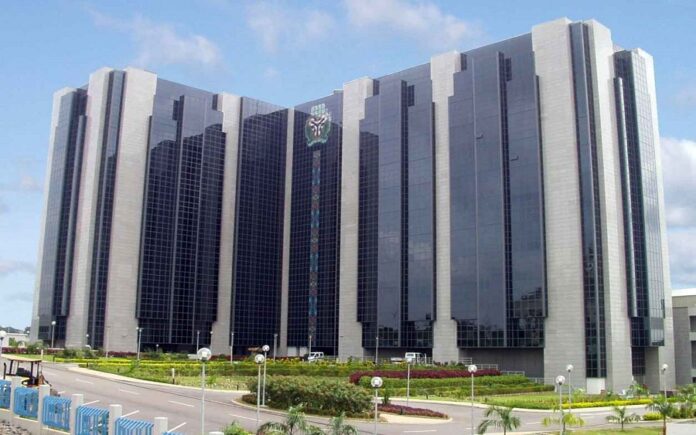The Chief Technology Officer (CTO), Remita, Mujib Ishola, has advocated increased adoption and acceptance of the Central Bank Digital Currency- eNaira.
In a report on the eNaira operation titled: ‘Why opening an eNaira account is a game-changing opportunity’, he said the easiest way to understand the differences between the Naira and the eNaira is to compare a typical bank account, with a digital wallet and an eNaira account.
He explained that the aim of this piece is to outline the major differences between the naira and the eNaira, and highlight what makes having an eNaira account a necessity.
“The easiest way to do this is to compare a typical bank account, with a digital wallet and an eNaira account.
According to him, eNaira is the digital version of the naira. While naira notes and coins were physically minted and produced by the Nigerian Security Printing and Minting Company Plc, he said, the eNaira was digitally minted at the Central Bank of Nigeria on secured servers that made use of advanced cryptographic algorithms and technologies.
There were many reasons why the eNaira was a compelling proposition for individuals and businesses in developing economies, he said.
According to him, it was clear that many people were still trying to come to terms with the difference between the naira and the eNaira.
Ishola said, “Funds in eNaira accounts are secured by the CBN up to the full value of the amount in the account at any time.
“eNaira accounts can be opened and operated digitally from CBN’s eNaira mobile application called the Speed Wallet or through licensed fintech apps like Remita.”
He said the eNaira account was easy to open, as well as a cost-effective account to manage, which guaranteed 100 per cent protection of funds.
“eNaira is well-positioned to push Nigeria into the next phase of digital payments, financial inclusion and to unlock new opportunities in cross-border trade,” he said.
He explained that a digital wallet is a store of funds offered by licensed mobile money operators and banks.
It allowed customers to store, and manage, their funds digitally, he said.
According to him, “Digital wallets are primarily designed for individuals and SMEs, for funds transfers, bills payment, and merchant collections mainly through mobile phones. Digital wallets are beginning to witness massive adoption, especially by first-time account holders.
“Funds in digital wallets are also protected to a maximum of N500,000 by Nigeria Deposit Insurance Corporation (NDIC). Examples of digital wallets providers in Nigeria include Paga, OPay, Palmpay, among others.”
He said a bank account is offered by a licensed financial institution for the main purpose of safe-guarding funds and providing access to it whenever needed.
Ishola added that, “Bank accounts are currently the most widely adopted financial solution for storing funds. Bank accounts are also used by individuals and organisations for a diverse range of financial transactions.”



